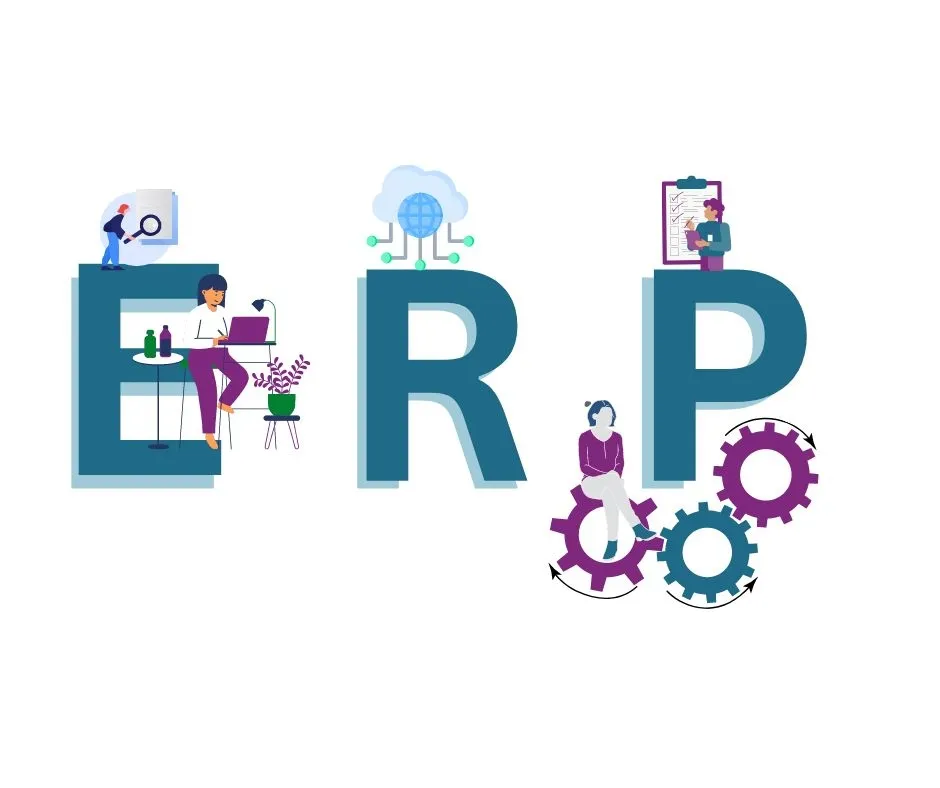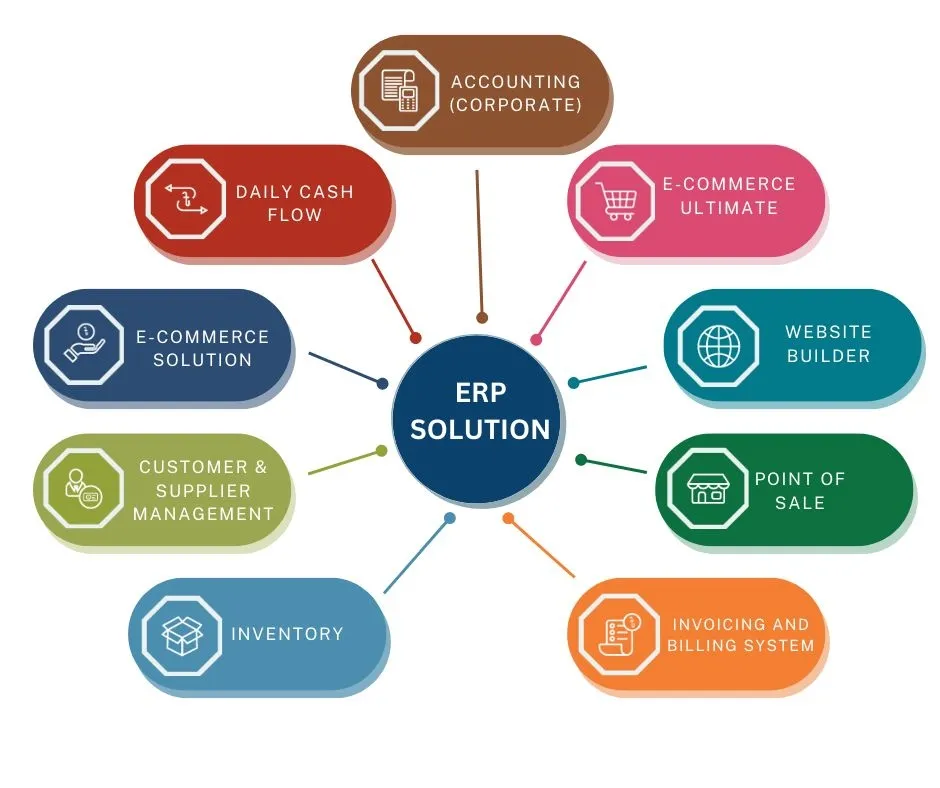-
Invalid quantity more than stock{{cart_item.name}}{{cart_item.variation_attribute_name}}: {{cart_item.variation_attribute_label}}{{cart_item.item_unit}}: {{ setCurrency(cart_item.price)}}{{ setCurrency(cart_item.price*cart_item.quantity)}}
An ERP system, or Enterprise Resource Planning system, is a comprehensive software solution designed to integrate and manage core business processes and data across different departments within an organization. It serves as a centralized database and provides a unified platform for various functions such as finance, human resources, supply chain management, customer relationship management, manufacturing, and more.
The primary goal of an ERP system is to streamline and automate business operations, improve efficiency, enhance productivity, and facilitate better decision-making. By integrating data and processes, an ERP system eliminates data silos and enables real-time access to accurate and up-to-date information. This promotes better coordination, collaboration, and communication within the organization.
ERP systems offer a range of features and functionalities tailored to meet the specific needs of different industries and businesses. These features include centralized data management, process automation, integrated reporting and analytics, scalability, and flexibility. ERP systems provide a holistic view of the organization's operations, allowing for seamless coordination and alignment across departments.


